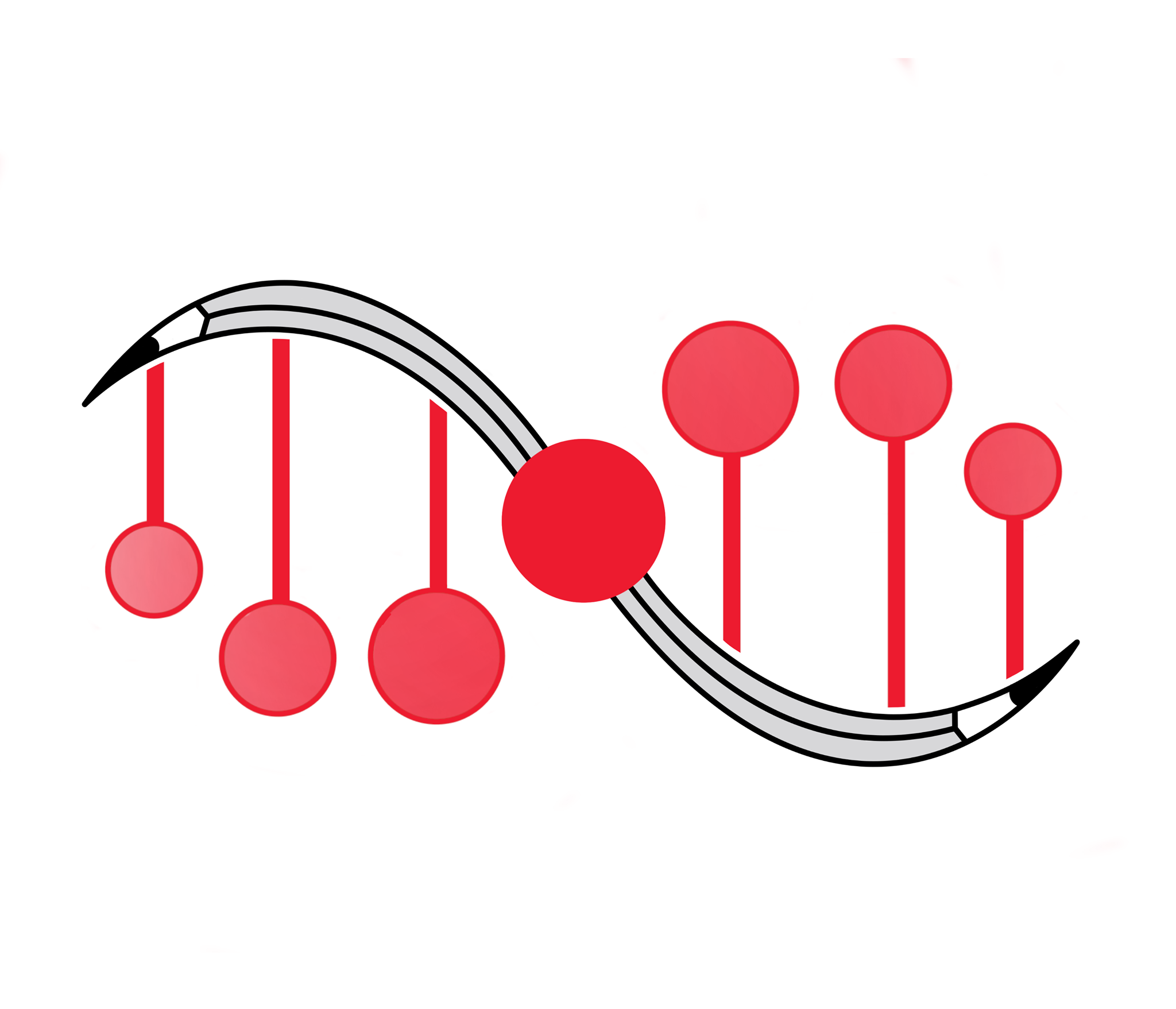There exists a common stereotype that people in science, technology, engineering, and math (STEM) departments do not like to write. Even though students in STEM fields conduct groundbreaking research, many have no idea how to present their findings in a clear and concise manner, let alone an interesting one. The McGill Scientific Writing Initiative (MSWI) aims to support science students in developing their writing skills.
MSWI is a new student-run initiative, started in the summer of 2020. It was co-founded and is led by Marina Nysten and Joyce Wu, both U3 Science students. As universities shifted to online classes in April 2020, many science courses replaced multiple choice final exams with end-of-term papers. This was a difficult transition for some science students, many of whom were never required to take writing-intensive courses at McGill and thus lacked experience in scientific writing. Observing these challenges that their peers faced, Wu and Nysten began to brainstorm ideas on how to bridge this knowledge gap.
“Last April, we both noticed a lack of science communication resources at McGill,” Wu and Nysten wrote in an email to The McGill Tribune. “MSWI’s purpose is to act as a supplementary resource to support students and professors, especially considering the transition to writing-centric assessments this semester.”
Throughout the upcoming academic year, MSWI will be organizing workshops on a variety of topics, from how to expertly read research articles to presenting scientific material and communicating science to the public. MSWI will also provide comprehensive online resources on its website, including a concise ebook on scientific writing that Nysten and Wu penned over the summer in collaboration with faculty members, TAs, and students.
According to Nysten and Wu, the club’s main goal is to become a “hub” for science communication at McGill. One of the ways they hope to achieve this is by supporting as many students as possible through their partnerships with faculty members and other student organizations.
Some student clubs and organizations such as the Student Research Initiative and McGill Science Undergraduate Research Journal have missions that broadly align with that of MSWI, creating a cohesive network of writing-centric student support opportunities. Whether as a part of their personal research or as a result of the increased writing requirements in many online classes, Nysten and Wu predict that students from across disciplines will benefit from MSWI’s services.
“We hope to offer unique services and resources that fill in the gaps that currently exist at McGill,” Nysten and Wu wrote. “An essential factor in this goal is to listen to what students are looking for, which we achieve by conducting surveys and creating online feedback forms.”
There are plenty of opportunities for students to get involved with MSWI, such as attending monthly workshops, contributing a blog post to the MSWI website, or by helping to create learning resources in a subject they have experience in.
Their first workshop, entitled “Reading Research Articles,” is on Sept. 24 and will be co-hosted by Tommy Markopoulos, a graduate student in the Integrated Program in Neuroscience.
One of the biggest events that MSWI planned for this year is the first annual MSWI Science “CommunicaScion” Case Competition set to be held in the winter semester. With this competition, Nysten and Wu aim to challenge students to effectively communicate a scientific topic to three different ages and educational backgrounds. This year’s theme remains a secret, but will be revealed in the coming months.
If you are interested in learning more about the MSWI and what they offer, you can stay updated on future events and resources by following their social media and subscribing to their newsletter.









